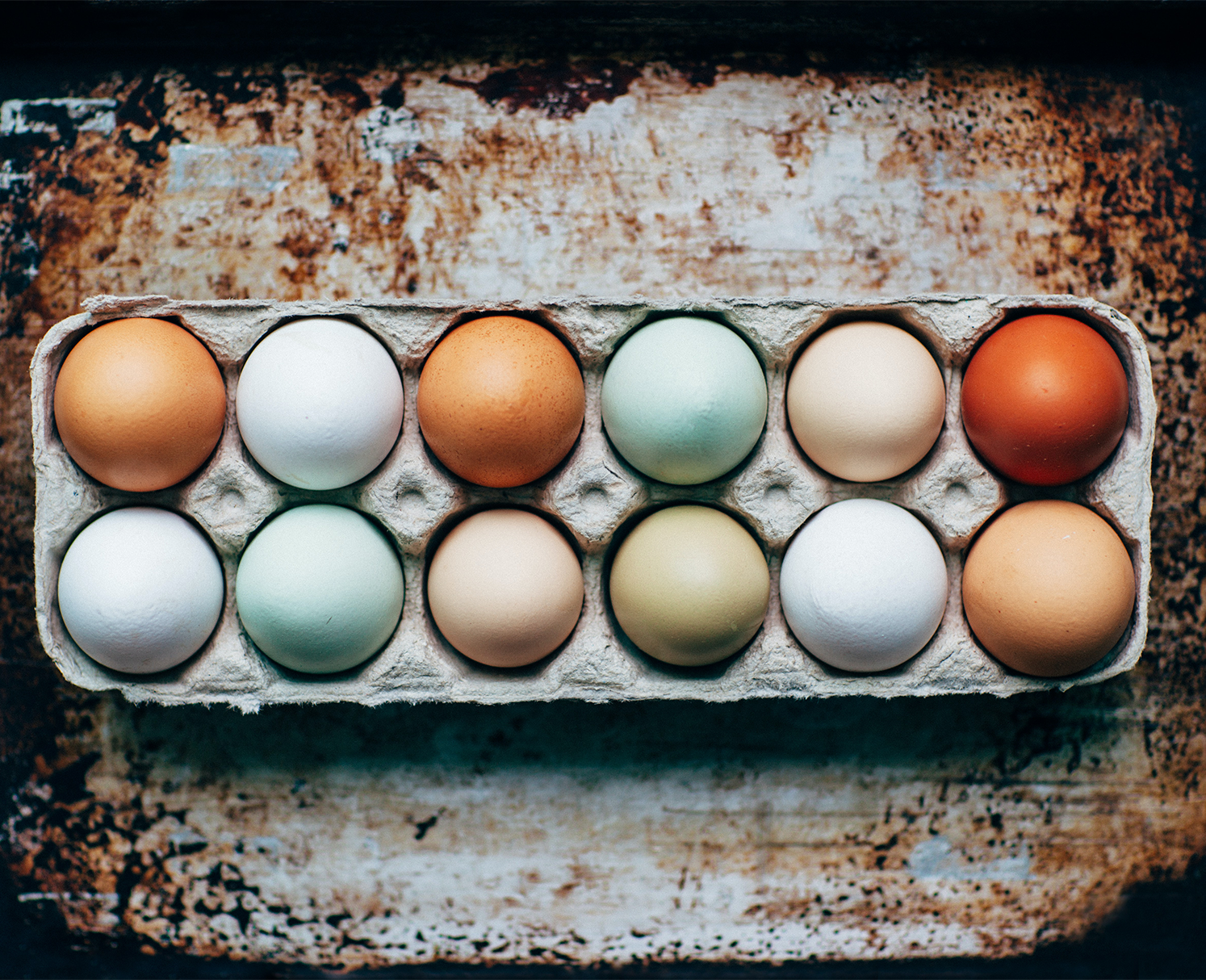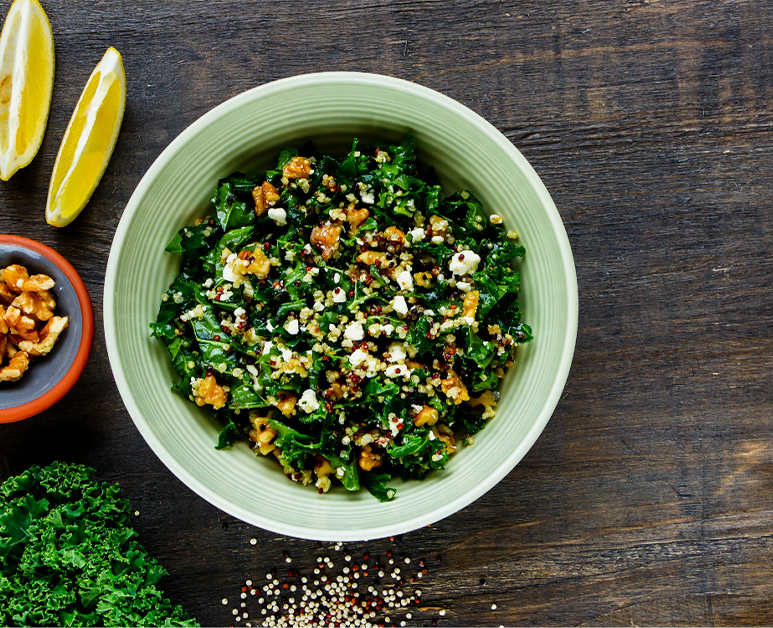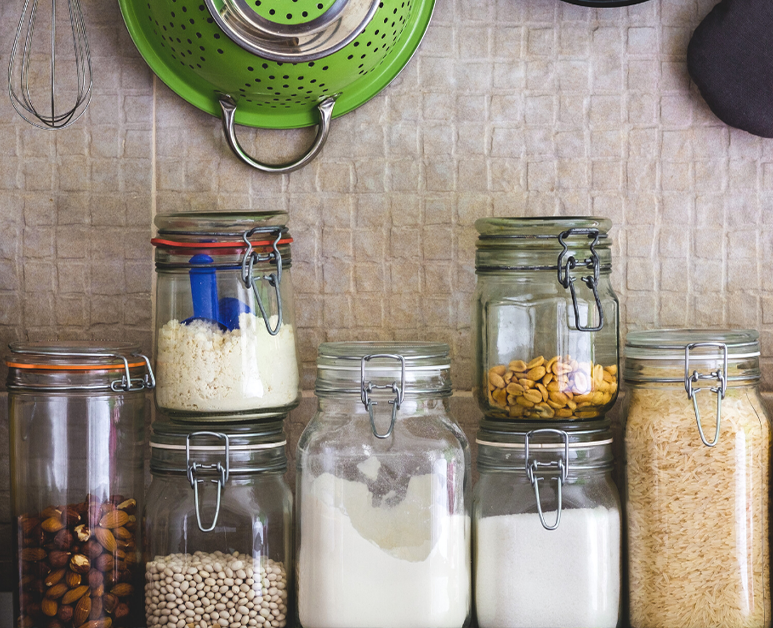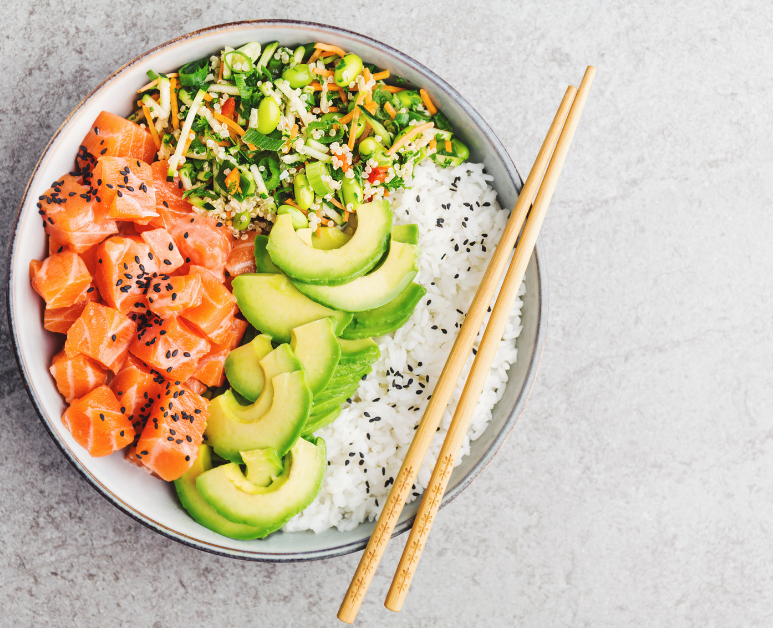Cage-Free vs. Free-Range vs. Organic Eggs: The Difference Between Egg Labels

Do you find the selection of egg cartons to be overwhelming at the grocery store? With labels like "organic," "free-range," "cage-free," and "vegetarian fed" it's hard to know which carton of eggs is best to buy! While food labeling should be simple and transparent, it's unfortunately, anything but. We'll help you crack the case about egg labeling so that you can shop for the most "egg-cellent" eggs available!
Conventional Eggs
Conventional eggs, are not the most ethical or nutritional eggs available. Hens that lay conventional eggs are housed inside climate-controlled barns in stacked rows of cages. Inside of the cages, birds are given continual access to water and food. However, each bird is only given a small amount of space to live in, approximately the size of a sheet of paper. Additionally, because the hens live in such close proximity to one another, the chances of conventional eggs carrying salmonella bacteria is 7 times higher than cage-free eggs. Not to mention, that these birds are also fed poor quality feed that often contains antibiotics and hormones -- so, if you are what you eat -- well, you get the idea. Conventional eggs are not the best option to buy.
Cage-Free Eggs
Put simply, cage-free eggs are those that come from hens that aren't caged. These hens can, according to the USDA, "freely roam a building, room, or enclosed area with unlimited access to food and fresh water during their production cycle." This way of raising hens isn't always the most ideal, as it can lead to more hen violence. However, considering that conventional cages are about the size of a piece of paper, it's certainly a step up from conventionally raised hens.
Free-Range Eggs
Lines can get blurred when it comes to free-range egg labels. This is because organic eggs must be free-range eggs, but free-range eggs aren't necessarily organic, as they do not need to be fed organic feed. The USDA only requires that free-range eggs come from chickens that have some access to a small fenced outdoor area. Since the term simply implies that chickens have access to the outdoors, not all farmers actually let their hens roam freely in a free-range area.
Likewise, those who sell eggs with the label "vegetarian," "antibiotic-free," or "all-natural" don't need to follow the same strict rules and regulations as organic eggs. Nobody really checks up on these farmers so, it's up to the manufacturer to set their own standards for what constitutes a "vegetarian" egg, for example.
Pasture-Raised Eggs
Pasture-raised is a term that also isn't regulated by the USDA. Pasture-raised is similar to free-range in that the hens have access to the outdoors. However, if the carton says “Pasture-raised” and also includes stamps that say “Certified Humane” and/or “Animal Welfare Approved,” it means that each hen was given 108 square feet of outdoor space, as well as barn space indoors. It can be a more humane way of raising hens, however, given that it isn't regulated by the USDA, farmers can get away with more sneaky behavior.
Organic Eggs
Under the USDA Organic Certification Requirements, organic eggs must come from chickens that are fed only organic feed free of animal by-products, synthetic fertilizers, pesticides or chemical additives. These chickens must not be given any antibiotics or hormones either.
Organic eggs must be laid by 100% free-range, cage-free chickens, able to freely enjoy the outdoors. Even if their outdoor area is a small pen or enclosed yard area, they must always have access to an outdoor area. Chickens laying organic eggs must also have a natural molting process. Molting is when birds shed their older feathers to make room for new ones. However, this process is sometimes induced in commercial egg and chicken production by withholding food or water, as this prolongs the productive life of laying chickens. Overall, organically raised hens offer the highest potential standard of animal welfare, making them the most ethical egg option available.
Organic eggs are also the most nutritional egg option available. Since the hens are fed high quality feed and live better lives, they produce fresher eggs that contain more nutrients. In fact, you can see the nutritional difference between a conventional and organic egg simply by comparing their yolks. Organic eggs will almost always have a a richer, orange color that will taste so much fresher than conventional eggs.
Lastly, choosing organic eggs is better for the environment, as organic farming practices focus on reducing pollution, and conserving water and other precious resources. These mindful steps help to ensure that we have safe food and a healthy planet to live on. If and when possible, choose local organic eggs. Choosing local is the most environmentally friendly option, and when you choose local eggs, you'll be helping to support farmers in your area who need your support!
When in doubt, look for the USDA Certified Organic label on the egg carton to ensure that you're buying from farmers who follow the strictest standards.
Is The Price Worth It?
While organic eggs may be more expensive, sometimes double the cost of commercial eggs, you do get more bang for your buck. Organic eggs cost more due to the extra expenses involved in meeting organic certification requirements but they're more nutritious than other egg options, as the chickens are fed quality feed and live in less stressful environments. So for your health, your taste buds, the well-being of the planet, and for ethical reasons, choose organic eggs and local organic eggs, when possible.
Leave a comment
Comments will be approved before showing up.
Also in Recipes & Blog

Spice Up Your Grains | A Simple Colorado Spice Cooking Hack

8 Ways To Make Everyday Cooking So Much Easier


